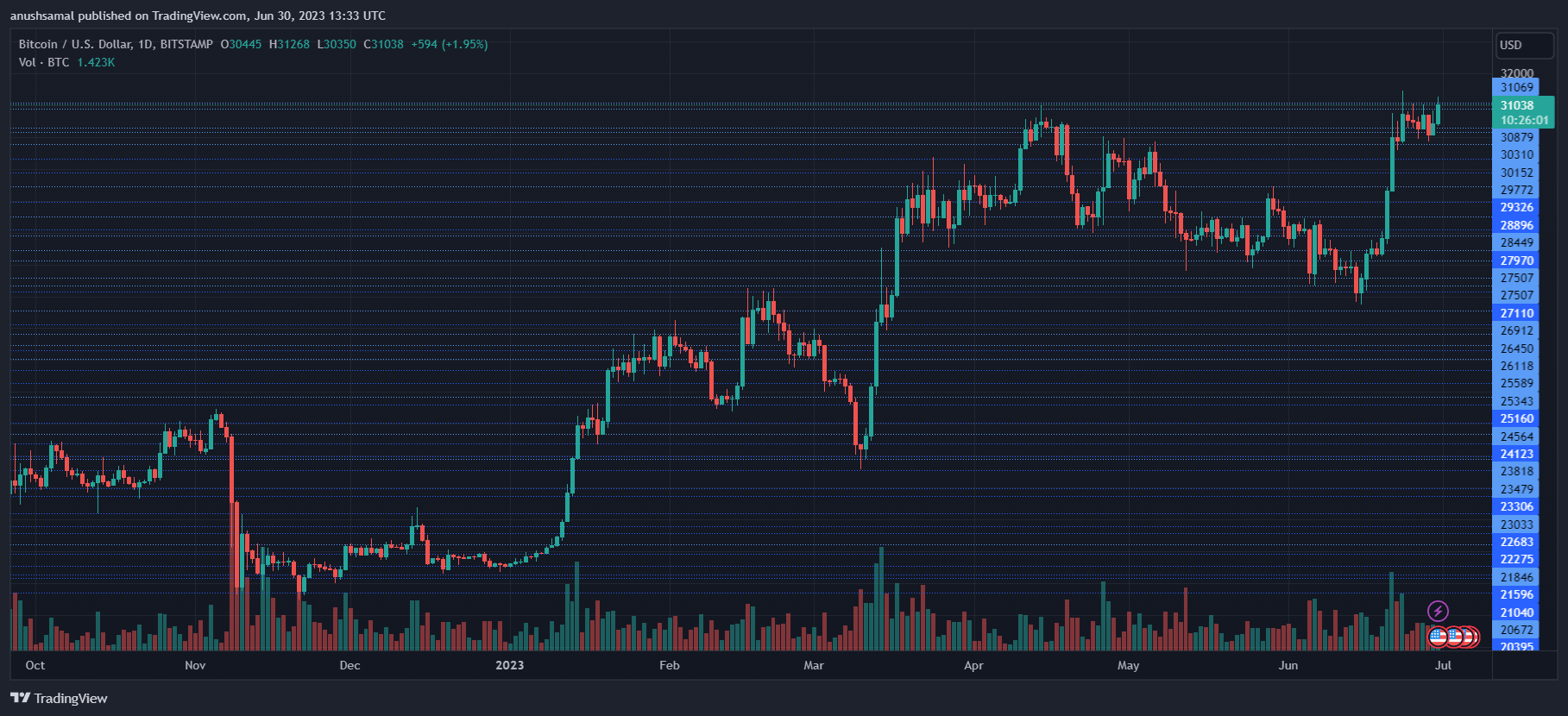Latest news about Bitcoin and all cryptocurrencies. Your daily crypto news habit.
According to a court order issued on Thursday, the United States Securities and Exchange Commission (SEC) is set to provide its counterarguments in response to Coinbase’s initial legal defense on July 13.
The defendant in the legal case, Coinbase, had received a request from the SEC for a three-business-day extension. The SEC sought this extension to ensure sufficient time to prepare a response to the letter submitted by Coinbase.
It is worth noting that the defendants have agreed to the SEC’s request for an extension, as stated in a legal document filing.
Coinbase’s defense tactic has prompted an earlier-than-expected date for the hearing. The exchange had filed its initial response a notable 40 days ahead of the original deadline of August 7, leading to the rescheduling of the hearing to an earlier date.
In addition, the court made significant changes to the proceedings by converting the pre-trial conference to a pre-motion conference.
The court moved the conference forward to July 13 at 14:00 UTC, a substantial shift from the originally scheduled date of August 24. In a letter submitted to Manhattan federal court recently, Coinbase argued that the US Securities and Exchange Commission (SEC) does not possess the authority to pursue civil claims against the company.
Related Reading: Cardinal, Solana’s NFT Protocol, To Cease Operations In Coming Months
Coinbase asserted that the assets traded on its platform do not fall under the category of “investment contracts” and, as a result, are not considered securities. Essentially, according to Coinbase’s argument, a significant number of the tokens mentioned in the SEC’s case are considered to be outside the regulatory scope of the Commission.
Coinbase’s Defense Strategy
Coinbase employed a creative defense strategy in response to the legal proceedings. According to MetaLawman, a legal expert, the exchange’s tactic of filing its response 40 days early through a motion for judgment on the pleadings is considered a “creative strategy.”
The counsel representing the exchange expressed their statement in a letter submitted to the court:
Coinbase has answered the SEC’s complaint with numerous defenses, including that this action violates due process and constitutes an abuse of discretion. But there is a more fundamental problem with the SEC’s case— one that the Chair recognized two years ago and that entitles Coinbase to judgment on the pleadings now: The subject matter falls outside the SEC’s authority,
While such a move is not uncommon in similar cases, it is seen as a way for the exchange to present supportive documents to the Judge by including them in their response. This approach aims to bolster their case and is seen as a calculated move by the exchange.
When it comes to a motion for judgment on the pleadings, it’s worth noting that a judge has the power to examine additional legal documents submitted in the case, including the defendant’s response to the complaint.
In Coinbase’s response, they included a detailed “Preliminary Statement” that presents their legal arguments for dismissing the case. By doing so, the exchange has provided the judge with significant material to consider when making a decision in the case.
On July 13, during the court appearance, Judge Katherine Polk Failla will decide whether Coinbase can move forward with its motion or request. The judge will assess the merits of Coinbase’s request and make a decision based on the arguments presented in court.
Disclaimer
The views and opinions expressed in this article are solely those of the authors and do not reflect the views of Bitcoin Insider. Every investment and trading move involves risk - this is especially true for cryptocurrencies given their volatility. We strongly advise our readers to conduct their own research when making a decision.
